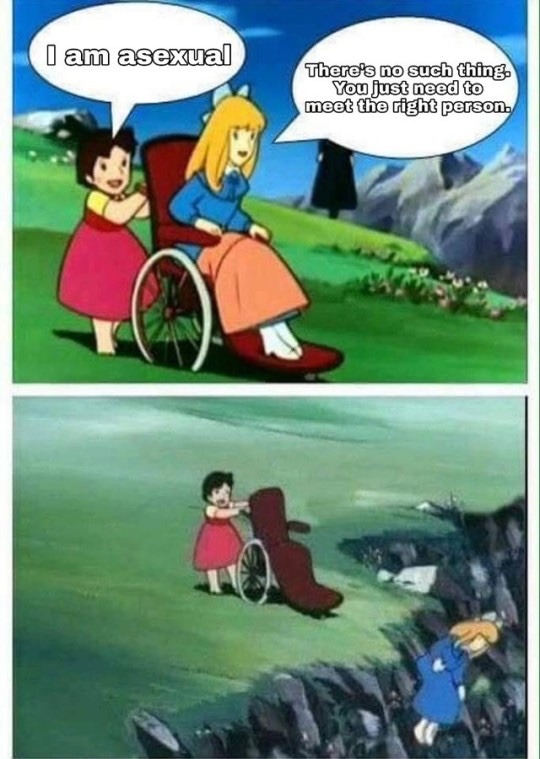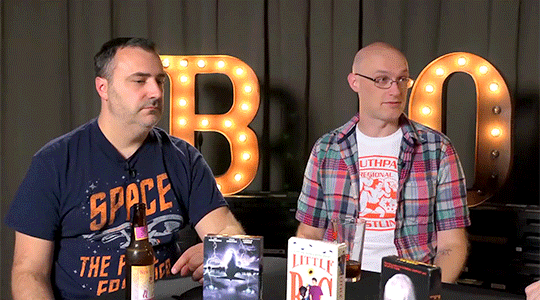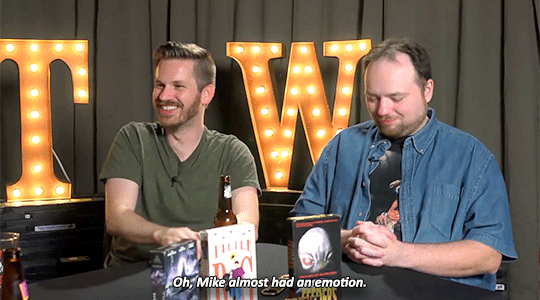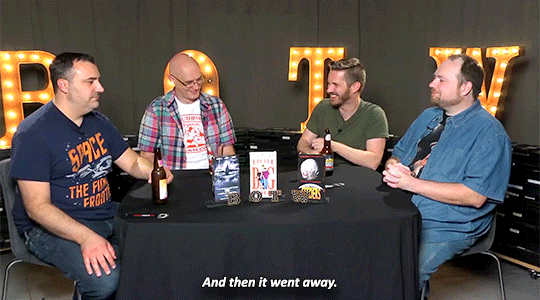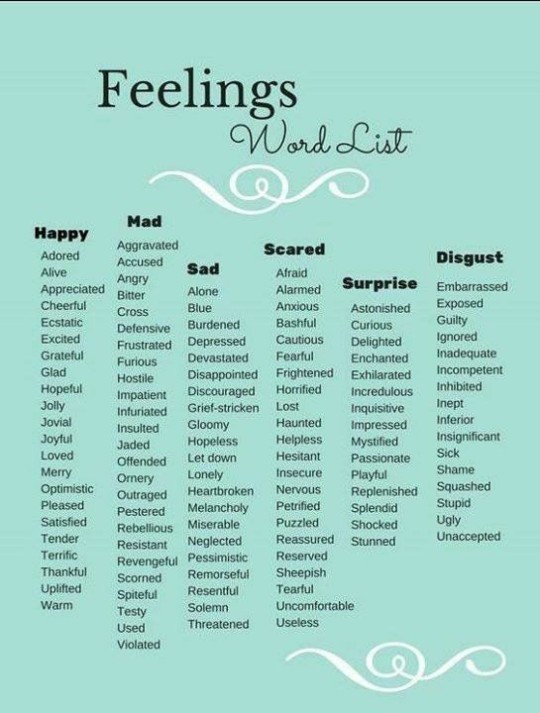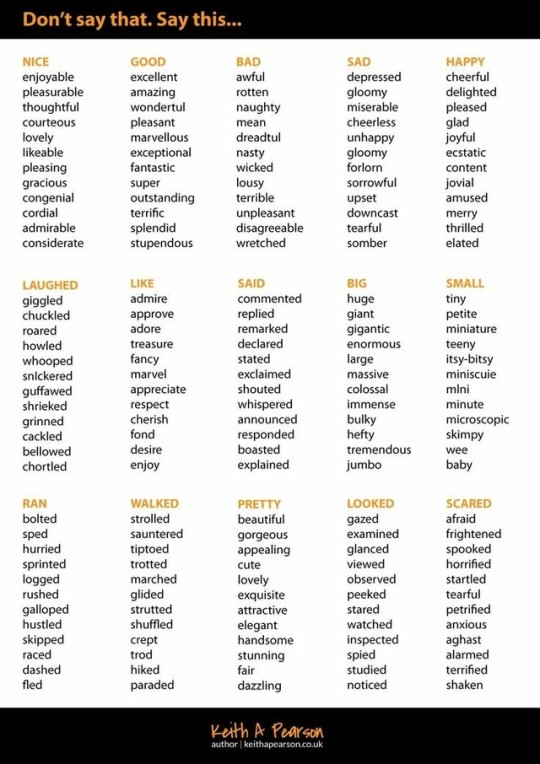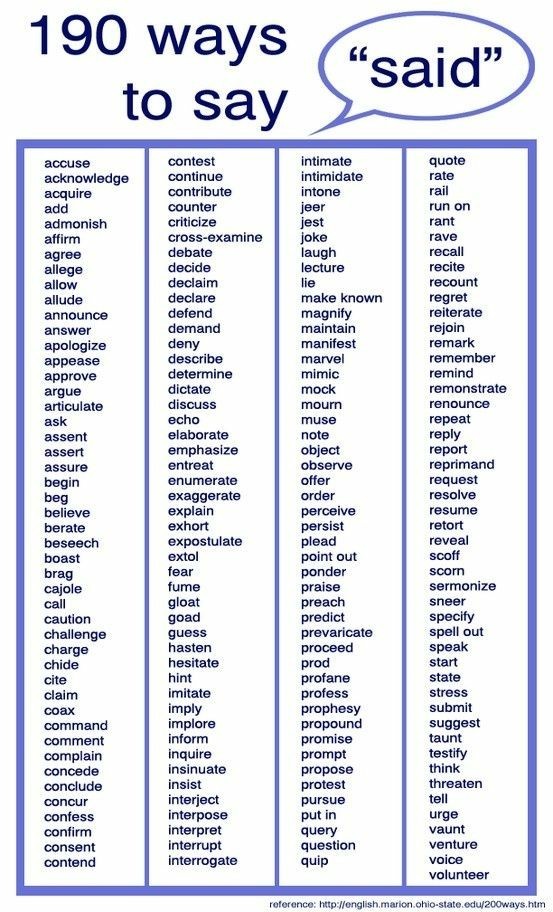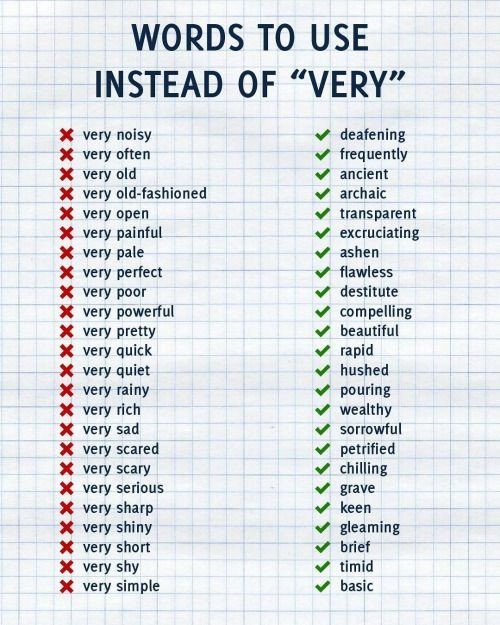I write stuff, I draw stuff, I make stuff, and most importantly, I sleep all the time.
Don't wanna be here? Send us removal request.
Text
Bleed, a poem.
If I could peel away my skin, if I could bleed away the sin--
If I could rip off every dirty limb and pour my heart into the streets
If i could purge myself of the memories I buried in my sheets.
I want to be pure, I’m looking for a cure for the headache, the pulse, the something I can’t comprehend--
Members of my body defy me like rebels to the army. It’s harming. What am I supposed to do with a body I don’t trust. My innocence has crumbled into rust--
I gave everything to everyone I thought would care about my heart, but like an art they stole what parts of me still meant anything-- and now I’m nothing.
Creating personalities from fractured memories, desperately painting over the scars that you left for me.
This is not maturity, this is tragedy, call me Romeo, and my innocence, my Juliet.
The nightmare, is it over yet? I just wish I was more than this, a sobbing mess, I guess I can only do my best to scrub away the grime that lays in coats around my soul, and I know that I’ll forget this, if I only had the time. Mirrors play like movie screens full of awful terrors, slime coated monsters crawling through libido, like worms in my arteries.
I awake from vivid nightmares, to boil myself in every shower. They say your molecules replace, maybe a new me will feel the space eventually. I was just a kid reaching for the cookie jar, never thought that I could be left such an awful scar.
1 note
·
View note
Text
Grandmas have nailed down the soft aesthetic and i’m kinda just tryna rip them off tbh
0 notes
Text
A wattpad story
I throw my dark, chocolate brown hair into a messy bun and put on my Mayday Parade t shirt. I rush out the door, already late for school (which I hate). As I arrive the bell is already ringing. I pass by Clarissiana, the popular [redacted for sexism]. She laughs at me. I turn up the My Chemical Romance on my iPhone 7c with a lifetime warranty that my father bought me before he killed himself and rush to my classroom. Great I'm late.
As I walk in the teacher turns around.
Oh my Gosh is that Spencer Chamberlain the lead singer of my favorite band Underoath???
0 notes
Text
Lowkey pure
Can we address something adorable that Mike does?
Whenever he’s shy about something, he covers his mouth and sort of shrinks himself down slightly. That can range from him trying to hide his laughter/smile, to him being embarrassed about something.
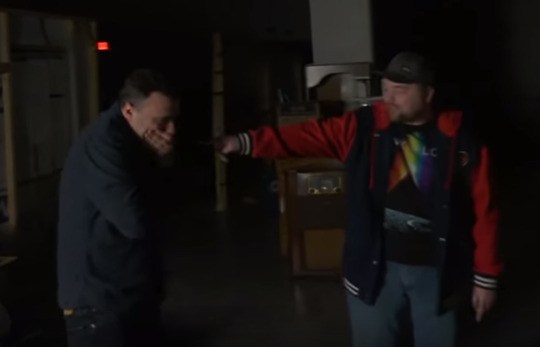
Here’s him for a brief moment after smashing the wheel of the worst…
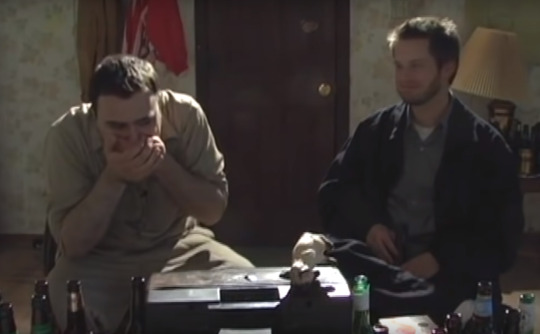
Him after accidentally breaking a set light with a beer bottle he threw…


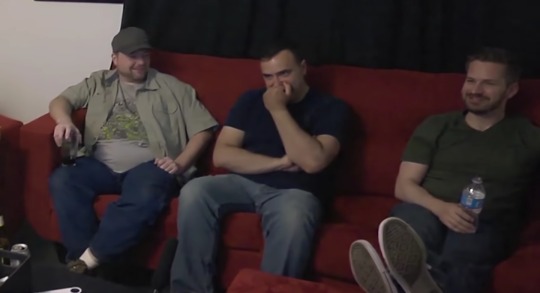
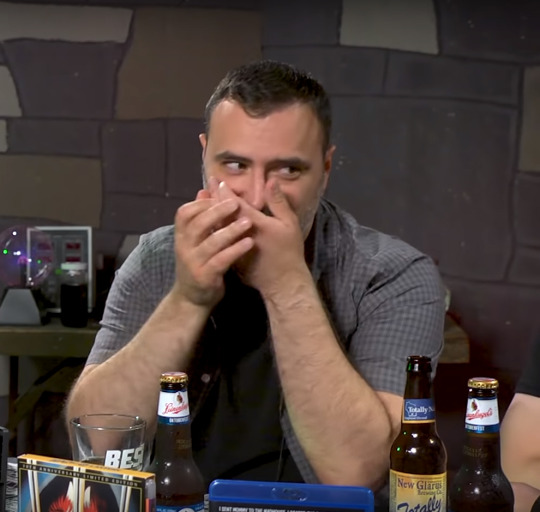

And all these glorious examples of him cracking up.
What I’m trying to say is that shy Mike is adorable Mike. Thank you for coming to my Ted Talk.
674 notes
·
View notes
Photo
Rich Evans is my sweet chonky cherub
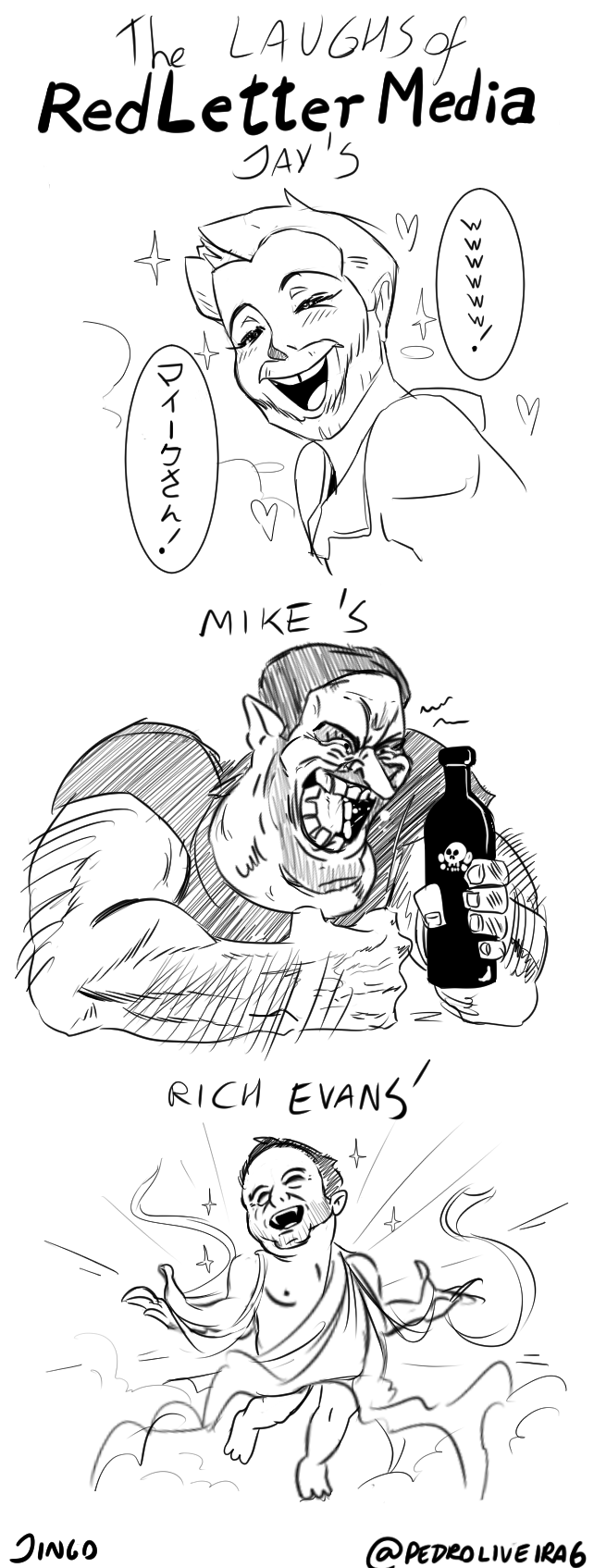
Time well wasted.
6K notes
·
View notes
Text
Ever stretch and then let out the hentai national anthem?
1 note
·
View note
Text
Imagine being so closeted that you actively have to tear down other men to make yourself feel straight.
0 notes
Text
Magnolia Magic Blogs entry 1
Deep in a park somewhere between the Mississippi gulf coast, and a Louisiana marsh, there’s a rusty old art fixture. Lovingly named “Big-sax Gate” after the two huge saxophones that form the aforementioned gate, it serves more than just the purpose of having pretentious Mississippi™ photographers use as a muse. Big-sax, is also the doorway to Magnolia Magic School of Art.
Of course you wouldn’t know that, because the drug addled horn-dogs in upstate new york are apparently the only magic school in the U.S.
And while we don’t have the old-money backing, at least our magic isn’t performed with hand-flapping, twig flicking, or ASL.
Our magic, instead comes from what we make. And we make a lot of stuff.
So here, at our tiny little university hidden in an alternate dimension where the temperatures and humidity perpetually soar with the jazzy music notes and the smell of baking mud, we enjoy a less dramatic life.
And while many would find the lack of blood-orgies and demon summoning to be boring, I find it quite relaxing. There’s something to be said for a magic university that can manage to teach magic without the help of goat-boy, or some randyan selectivity.
Point is, you won’t learn any dark-arts, but you also won’t need a defense against them
I’d love to say that I’m the chosen one, but I think that guy died in like 92’ or something. They had a memorial for him a few weeks ago. My name, is Parker Williams-- A twenty two year old cup of half-n-half with curls for days, your stereotypical hipster glasses, and a BMI that makes the swelling, wet towel heat, something to be endured.
I study Illustatioturgy , which basically means I’m learning how to draw a picture so intricately it can manipulate the elements or something. In other words: Draw a flame, make a flame; Draw a sea, and a tiny graphene whale jumps out of the page and beaches itself on your desk. Anyways, I started writing these to give a kind of insight into our, nonexistent little college. And maybe have a fun story to tell.
#story#blog#fiction#Magic#the magicians#harrypotter#magicschool#art#college#writers on tumblr#mississippi
3 notes
·
View notes
Text
I miss you...
Whoever you are, wherever you are, I miss you. I miss the late night hangouts we never had. I miss all those studio ghibli marathons that never happened. I miss all those early mornings on your front porch that only happened in my head. I miss all the bands we never shared a love for. You’re the best friend I never had. In my dreams I’ve slung my arm over your shoulder, and in my imagination you called me up at 2am because you needed someone to talk to. You’re the closest companion-- and I’ve never even met you. Even though you don’t exist-- even though I know you’re not here. I’m still waiting on your text. I’m still waiting on the day when I can finally meet you-- friend I’ve never met.
0 notes
Text
Tips on writing a character who’s ADHD
Courtesy of yours truly, an actual person with ADHD (who’s just slightly sick of bad ADHD characterisations)
We don’t ramble randomly, we infodump. I see a lot of writers writing ADHD characters as speaking these enormous, unbroken paragraphs on essentially whatever topic happens to be current, which isn’t how ADHD works. We might be long-winded at times (though really, not any more than non-ADHDers are,) but when it comes to those signature rambles, it’s about a topic we’ve hyperfixated on. Often, these topics seem random to NTs, but for us it’s very specific and topical. Often times, I’ll have only a handful of functioning hyperfixations at a time, and it’s usually something you can put under a specific header (cold war history/biology/etc., a particular band/genre, a specific show, and so forth.) My advice? Get a sense of your character’s hyperfixations before you write it in; Rick Riordan does a fantastic, albeit slightly heavy-handed, job of doing this with Leo Valdez in Heroes of Olympus. (another VERY IMPORTANT tip: just don’t write big unbroken paragraphs of rambling if you’re expecting me to actually read that shit. As an ADHDer it’s like physically painful for me to try and sift through that lmao)
We experience a wide range of emotions, and we experience them very strongly (AKA we’re not just balls of hyperactivity and joy.) Intense emotions are a hallmark of ADHD, which is why a lot of the time we seem super happy and energetic all the time to non-ADHDers. It’s a L O T more socially acceptable for us to express the intense happiness we feel, not so much the other emotions we feel just as intensely. Particularly for impulsive-type ADHDers, the main emotions we struggle to regulate are excitability, irritability, frustration, and dysphoria, all of which are emotions we’re taught from a very young age to be ashamed of and hide (which happens, in my experience, like this: you exhibit the strong emotion, you act in a way that is seen as unreasonably intense to non-ADHDers, and rather than learn to cope with the intensity of the emotion we’re taught to turn it inwards.) When we experience these intense negative emotions, we internalise it like we’re taught to, and our emotions appear more subdued to the people around us, though we still experience them intensely. We’ll typically close off and downplay our state if pressed, but in my experience we open up to people who we know to be ADHD/ND. That being said, we’re not always able to internalise it–especially (honestly, almost exclusively) when stressors pile up/when we’ve dealt with it for so long–and that’s when we explode. Because we experience emotion a lot more intensely than non-ADHDers, we almost always cry when this happens. I’m talkin’ ugly cry people. I’ve got hella information on the subtleties of a good ol’ fashioned ADHD-brand meltdown, which would make this post even longer than it’s already doomed to be, so if you’re interested in some tips on that feel free to shoot me an ask!
Our thought process is not random; we have highly-associative brains. Please. For the love of GOD. Stop fucking characterising us along that “OOH SQUIRREL” line of bullshit. I’ll come directly to your house and curse your shins to bump against every coffee table you encounter. Don’t fucking test me. Our thought process is highly-associative, which essentially means our brain makes more connexions between memories and thoughts when they’re being solidified, which results in memories triggering thoughts that wouldn’t occur to non-ADHDers. These links might seem tenuous when you don’t have a highly-associative brain, but they’re there, and they’re fairly evident on the part of the person with ADHD. And as a writer nota bene, don’t retroactively make these associations–in other words, don’t try to justify the link after it’s made just because a subject change is plot convenient for you. Try your best to make these transitions organic if you’re gonna include them. A good example of this is Jake Peralta in Brooklyn Nine Nine: he makes pretty sizeable leaps in topic, but the transitions always make sense.
ADHD is highly comorbid with other neurodivergencies. I’ve not met a single person with ADHD who is *only* ADHD; I personally have almost ten other neurodivergencies I’ve been diagnosed with. The most common comorbidities are: anxiety/depression (every ADHDer I know has at least one if not both of them,) autism spectrum disorder, and dyslexia. ADHD is a developmental disorder, which means our brains are fundamentally structurally different from NT brains, and this lends itself to the presence and development of other conditions. Don’t be afraid of including those other conditions/symptoms in your character’s story for realism! That being said, for the most of us, our ADHD is the most prominent condition we have, so we identify with it the most. The way we often see it, ADHD is the *main* condition, and the others feel like tag-alongs (this isn’t always the case and it isn’t always true, but that’s how we tend to interpret it.)
Our symptoms get worse when we get tired or stressed, but especially tired. When we’re stressed but reasonably rested/fed, we typically have the mental faculties to perform pseudo-neurotypically (we do decently well with controlling our symptoms,) though they might become slightly more pronounced. Lack of sleep/mental rest amplifies our symptoms and inhibits our ability to control them, most noticeably in our working memory (remembering/following instructions, immediate task completion, concentration, etc.) Just as NT/non-ADHDers become scatter-brained as they get increasingly stressed, so do ADHDers. The two main differences are that 1) it’s more pronounced and has a lower threshold, and 2) we (conveniently for you!) have a set list of symptoms that are going to react predictably to this.
We are very aware of our symptoms, thank you very much. While there will be times where my symptoms slip out and I’m not paying attention to them, nine times out of ten I’m very painfully aware of how non-NT I’m acting. When I simply can’t slow down my speech for the life of me, when I feel myself rambling about a hyperfixation, when I get stressed over something little and have an emotional outburst, I know. A lot of authors miss this, but ADHDers are very early made aware of why we’re perceived as different, and often times that’s done so at the expense of our self-esteem. Our ADHD doesn’t exist in a vacuum in our minds, and we’re very often self-conscious about how we’re socially read because of it. If you’re trying to get into the mind of a character with ADHD, that’s an important dimension to keep in mind. The self-consciousness factor is usually diminished when we’re around ppl who know that we’re ADHD, but when they show up around people we haven’t told we’re ADHD, we’re not usually quite so keen to share it. While this probably isn’t the same for all people with ADHD, it’s been my experience at the very least.
Anyhow this has been sitting in my drafts for God knows how long, so I’ll just release it into the wild. ADHDers, if you have any other tips, or want to share your experience, please feel free to add on!
7K notes
·
View notes
Text
“Show, Don’t Tell!”: Using the Five Senses in Writing
This is an extended piece to my ‘Show, Don’t tell’ post. When writing the senses, I like to imagine the scene as if I were watching a movie. It’s the simplest way for me to picture and write when it comes to descriptions. You don’t want to overload the reader, but you do want to paint the picture instead of telling them. Staying aware of the five senses in your writing will dramatically improve your skill. It not only helps the reader be a part of the story but helps the writer set important scenes, without having to outright state what is happening. In this post, I will explain how I use the five senses in my writing. As always, my advice is subjective and only to show what I personally do. Whether you keep the senses in mind as you write, or you edit them in later, making sure you pay attention to keywords will help eliminate the stress of going back later to figure out what (maybe!) went wrong.
SEE: On Sight
One of the easiest ways to go about elaborating sight is to eliminate words related to vision (look, saw, gazed, peek, etc). It also helps to stay aware of items, colors, sizes, etc. Do the same thing you’d do with words related to sight, eliminate them. Of course, don’t erase every word or phrase, but being proactive, keeping them in mind, and avoiding them will help you avoid overloading your reader with too much purple prose. (Granted, I would die for purple prose, but I understand that’s not everyone’s thing).
Examples:
Jill saw Jack running. He carried a silver pail. He tripped and fell down the hill.
There are a lot of sight-words in this example. As the writer, it is your decision to choose what you want to elaborate on, whether it is one thing, or all of them. How much of the story you want to paint is up to you—
Jack’s feet blurred against the green grass as his toe caught his ankle. He rolled on his side, his silver pail flying into the air and reaching Jill first.
Jill craned her neck to find Jack staggering down the hill. Water sloshed from the sides of the bucket, swinging and glistening in the sunlight. He stumbled and grabbed for the handle with his second hand as the pail threatened to leave his grasp, and then he slipped, toppling down the hill.
In both of these scenarios, the reader can “see” that Jack is running and tripped without specifically stating that Jill saw it. They also “see” he had a silver pail and dropped it.
Being more visually descriptive is also very important for facial expressions. It takes a simple mood and elevates it. Describing the expression also gives the reader the chance to “feel” that way too, almost like a mimic, which helps them visualize and empathize with the character.
Example:
Maxine made a disgusted face.
Think of what a disgusted reaction looks like; usually, it involves frowning, pinching your nose, sticking out your tongue, etc. Sometimes, it can help to look in a mirror and write what you’re seeing, too.
Maxine flared her nostrils and stuck out her tongue.
In the latter example, the reader is able to infer that Maxine is disgusted by how the writer described her reaction.
HEAR: On Sound
Describing sound can be tricky. It’s also hard to remember when to use it. We tend to think of sound in terms of music or voices—okay, okay, sometimes we sprinkle in animals howling or the wind blowing, too!—but sound can be incredibly important in setting a scene and is often under-utilized. Sounds let the reader know their surroundings without pulling from what is going on and adds intensity!
Examples:
Manuel sat nervously at the coffee table.
Again, as the writer, you can decide where to incorporate the use of sound. Here are a couple of suggestions, based on the above example:
Manuel’s fingers drummed against the table and drowned out the low whistle escaping from between his teeth as he exhaled. All around him, there was cheerful chatter, through which the barista’s loud voice occasionally sliced.
Manuel’s thoughts whirred and hummed, a dull grinding and the clinking of glass broke through the constant thump of his knee against the underside of the table.
In both of these examples, the reader was able to gather that Manuel was nervous (tapping knee, drumming fingers, low whistle). They are also able to gather he is in a coffee shop (or a restaurant of sorts) without explicitly saying so.
TOUCH: On Sensation
The best way to handle touch is by imagining whatever it is you are describing and what it feels like. If you don’t know how something feels, google it. Don’t describe a snake as slimy just because its scales are shiny and gives it a slime-like effect. That said, touch doesn’t just deal with what your character is physically touching. It can also deal with emotions and help to express them without saying outright how your character feels.
Example:
Opal touched the silk blanket. She felt sleepy and closed her eyes.
Here we can elaborate on what the blanket feels like when Opal touches it and how she feels to indicate she is tired:
The supple fabric slid between Opal’s fingers like water. Her tired muscles sagged and sharp, tiny pinpricks pressed against her heavy eyelids as she lay back.
The reader knows the blanket was very soft and also that she is tired without specifically stating she was sleepy.
TASTE: On Flavor
Taste is a fun sense to mess with. It can show the reader so much more than how delicious the bread is (or how gross dirt is). I like to play around with taste in the weather/air, the taste of fear, the taste of cat hair in your mouth because there is always cat hair in your mouth… all right, maybe that’s a personal thing.
Example:
The sun rose over the city.
What do you use for taste here? A city can’t taste, the sun doesn’t taste, but your character does!
Yellow light spilled over the streets, soaking the grit from the rainbow puddles into the air. The bitter grease lingered and settled in his mouth, strengthening every time he scraped his teeth against his tongue.
Experiment with taste in your writing. Describe things you wouldn’t normally think to taste, like crude oil*. The internet is a good resource when it’s something you don’t want to try yourself, like crude oil**. Chances are, someone out there has already tried it and explained what it tastes like online.
SCENT: On Smell
Ahhh, smell. Smell lets the reader know so much: they can figure out where a character is, what they’re doing, where they are, etc., just from a few scent-related descriptors thrown around. Smell is also useful in triggering memories or past events.
Danny walked through the forest.
You can use so many of the five senses here! But since we’re focusing on scent, let’s zero in on that:
A crisp hint of pine lingered in the air and blended with the pungent decay of the brown needles underfoot.
Without stating anything about a forest, the reader has an idea of where Danny is. You can also use smell to show emotion!
Danny was in love.
How do you smell love, K? Well, you’ve got me there: you can’t. But as a writer, you can think of what love means to you and of things you associate with love, and work from there. Personally, I imagine it would have a sweet smell, maybe too sweet.
A rush of flowery sweetness filled his nostrils as the handsome young man walked by.
There you have it. Of course, there’s a lot more to writing the five senses, as there is with anything, but this is to give you a basic idea of what I do when I’m writing. Being proactive and keeping the senses in mind while writing can be tough and exhausting, but the more you do it, the easier it becomes. And you don’t leave it all for editing! Remember: the most important thing is to keep practicing.
Happy writing!
* Please do not taste crude oil. I can’t believe I have to type this, but some people want to eat Tide Pods, so here I am.
** Do not taste crude oil. You will die.
10K notes
·
View notes
Photo
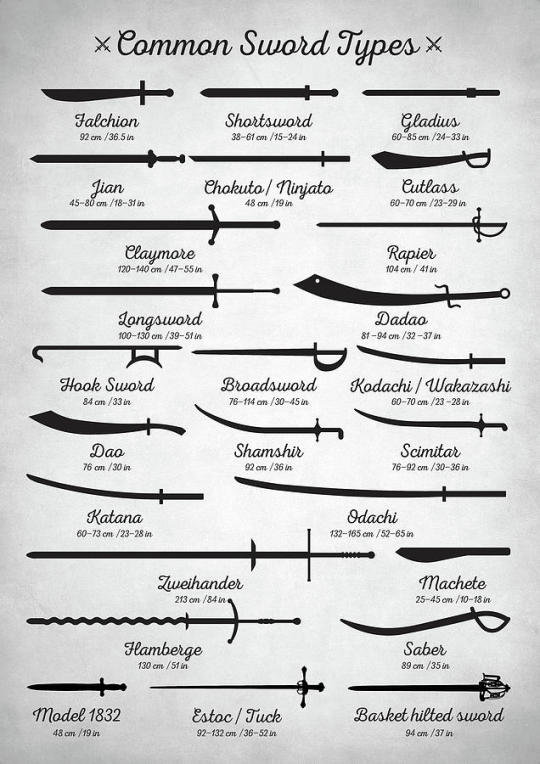
For all my writers struggling with weaponry of the sword variety.
78K notes
·
View notes
Text
It's funny how the friends you make in dreams seem closer than the ones you've known forever
0 notes
